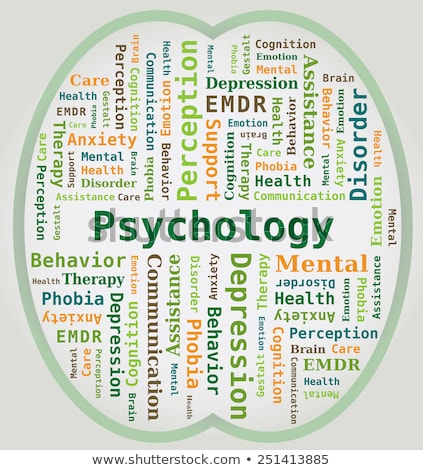Lifting the spirit during pandemic
Today, the entire world is witnessing a kind of silence. We have been confined to our homes for more than a month already and one can only predict as to when this circumstance will change. Novel coronavirus disease (Covid-19) has become an invisible enemy to the human race as it has affected people in multiple ways.
It has brought human lives to a stand-still across the world. The Covid-19 pandemic has led the world into an excruciating situation foiling fragile health care systems across the world. With much information floating all over the internet about the infection, it is more necessary now than ever that we pay attention to our psychological health. It is imperative to recognise and respond to the psychological impacts this pandemic has brought upon us and those around us.
We have been bound to stay inside our homes for days at a stretch since the government declared a nationwide lockdown on March 24 in an attempt to curb the possible spread of the virus. However, not only businesses are grappling with the virus’s impact but so is our day-to-day lives which in turn is affecting our psychological health.
Feelings of loneliness can lead to uncertainties and constant mood swings. People can react in different ways from distress to acute stress. In order to cope with the situation and minimise the pandemic’s adverse effects, firstly, we can take the step of self-reflection on how the pandemic has impacted us.
Furthermore, this is an ideal opportunity to indulge in creative and productive works that can actually help us remain focused and also mitigate negative impacts of stress so we can function optimally and enthusiastically. During hard times, the urge to help those in despair is basic human nature, however, what is more important right now is that we take care of ourselves.
We are not much good to others if we are not good to ourselves. Times such as these can ignite in us the feelings of fear, anxiety, isolation, hopelessness, helplessness, rejection, and even guilt. This roller-coaster ride through emotions can paralyse one’s ability to function optimally.
Thankfully, there are certain activities we can resort to for managing emotional distress, which would in turn help us come out the other side more creative and productive.
Get into a routine: Following a daily routine or schedule helps us cope up with stress and emotional distress because this inculcates consistency in our daily activities. The certainty of our routine can help us manage the uncertainty that life can throw us in at times like these. Having a routine can help us cultivate positive daily habits and set priorities.
Exercise: The fact that exercise can elevate mood is well documented. In fact, a study has found that exercise was as effective in eliminating or reducing depression as are antidepressants. Exercise also helps to get the mind off our stressful thoughts with release of dopamine.
Practice Mindfulness: Mindfulness is the psychological process of purposely bringing one’s attention to experiences occurring at the present moment without judgment. It is one of the best bets since it takes as less time as it is effective. It is an incredibly magnificent tool because it is a process of focusing on our breathing that calms our thoughts. Mindful practices can contribute to lower the symptoms of anxiety and depression.
Picking up on a new skill: We can utilise this time for different purposes. We can learn new things, be more creative and also enroll in different online courses through which we can explore other subjects. This will enable us with new skills which is nothing but improvement. This can help us focus more on work and subsequently help to reduce our stress, and negative emotions.
Interaction with family members: This is probably one of the best opportunities to spend quality of time with family members. As we are experiencing a myriad of emotions which can lead to stress, we can talk to our parents and siblings in order to alleviate stress. In this time, we can involve ourselves in household chores, learn from parents as well as assist them. Besides this, we should also be able to acknowledge each other’s feelings, and be transparent about our emotions. Social support from family can help us combat stressful times and lower the risk of anxiety.
Practise yoga: Yoga helps connect our body and mind. Some studies have examined yoga’s effect on mental health. Overall, yoga can help to enhance mood, create physical and psychological connection, and boost our overall health. Therefore, practising yoga during this time can be helpful to remain physically, mentally and emotionally fit.
Avoid excessive exposure to media and social media: Excessive exposure to media during the 24/7 news cycle can increase fear and level of stress which can lead to subsequent physical and mental health problems.
To reiterate WHO “No Health without Mental Health”.






